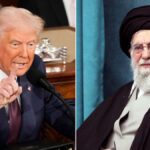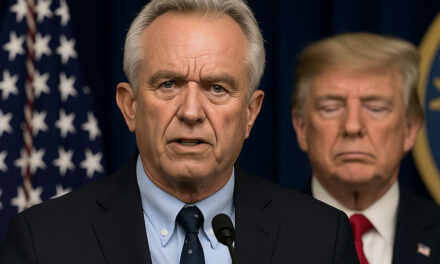
US-Iraqi Coalition Misses Goals Against ISIS in Mosul
The fight to rescue Mosul from ISIS has entered its fourth month. And it’s still not close to being over.
This week’s headlines report that ISIS is weaponizing drones and using them against Iraqi troops stationed in and around the city. The commercially available drones are modified to carry small munitions about the size of a hand grenade.
US troops have been able to shoot many of the drones out of the sky before they can drop their deadly cargo, but some of them have managed to break through and cause “indiscriminate killing” for Iraqi troops on the ground, says US Colonel Brett Sylvia.
As of this Thursday, Iraqi forces have managed to retake about 85% of eastern Mosul (compared to 75% last week).
“The enemy is now located only in front of the troops, not at their sides,” said Sabah al-Numan, a spokesperson for Iraq’s elite Counter-Terrorism Service (CTS).
The western half of the city remains largely in the terrorists’ hands.
When the Iraqi government launched the initiative to retake Mosul in October, they believed it would be done by the end of the year (or earlier). But troops found themselves bogged down by the Islamic State’s extensive defenses and other problems in November and December.
Iraqi and US officers credit new tactics – including better defenses against suicide vehicles and night raids – for improving coordination between forces and increasing momentum in the fight.
As we have mentioned before, the loss of Mosul would be disastrous for the Islamic State and would crush their dream to establish a caliphate.
Meanwhile, officials worry that some ISIS fighters have shaved their beards and are hiding among Mosul’s civilian population. Iraqi soldiers regularly locate suspicious “civilians” and take them in for questioning. As reported by Reuters, CTS commanders “regularly stop during visits to recently recaptured areas to speak with residents, many of whom know them by name.”
The US-Iraqi coalition says it relies on information from civilians to identify ISIS infiltrators. As a result, civilians have started to bring mundane concerns to the military (as they would to a sheriff).
“Please tell someone we just need them to fix the pipe up at the top of the street so we can get our water back,” asked one elderly man whose water had been cut off for several days.




























Frank and Mike covered the main points. Larry, of what use is backing someone's economic policy in part when the…
I agree Seth: NOT MAGA! heh, heh. perspective, it's a bootiful thing.
Not MAGA.
Yup, Larry, you got me although you really didn't have to be such a dick about it. I just read…
Larry, Before you open your mouth again (and continue to make yourself look foolish), I suggest you educate yourself on…